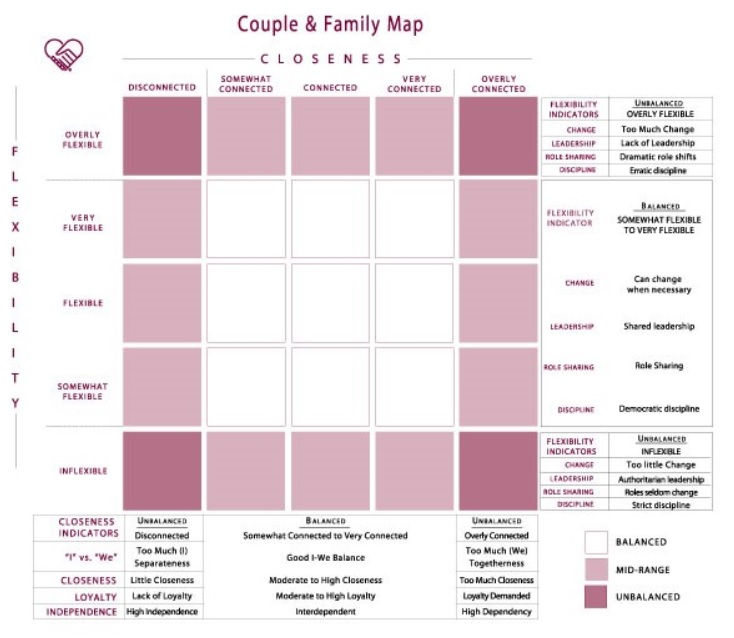Marriage
- rogerlinpsyd
- Aug 22, 2022
- 2 min read
Updated: Sep 21, 2022
Topics that are helpful to work on in your marriage.
1) Communication.
Speak: Speak to one another with "I statements", such as "I think..., I feel..., I want...", to avoid attacking, blaming statements that start with "You...". Filter out swearing, name calling, put downs.
Listen: Let the other person talk. Take turns speaking. Don't interrupt. Don't finish the other person's thoughts. Let them finish. Make active listening comments, "I want to hear more. I see what you are saying. What else do you want to talk about? Keep going."
Interpretation. Clarify what you think you heard. "What I hear you saying is...". Clarify what you meant to say. "What I am trying to say is..." Address misunderstandings/miscommunications. Clarify the difference between intent and impact. "What I intended to say was... But I see that the impact of my words were..."
Timing matters. Communicate when a good time to talk is. Share openly and honestly if you are stressed, busy, tired, hungry. Ask if you want to talk more or less. Set times to talk about different topics, such as: daily logistics, career, finances, trip planning, future hopes, past experiences, family, hobbies, frustrations, and feelings.
2) Conflict resolution.
Allow both sides to be heard. Try to understand one another's perspectives.
Define the problem that you want to resolve. Agree on the problem. Don't bring in other issues as you try to address the identified problem.
Brainstorm solutions together.
Agree on a solution together.
Come back at a later date to assess progress on resolving the problem.
3) Intimacy.
Plan dates. If you don't have mutual interests. Take turns trying each other's hobbies/activities. Have fun together. Make memories. Enjoy life together.
Share your feelings with each other.
Be honest. Be vulnerable.
Communicate vows of commitment.
Discuss how frequently you want to be physically intimate.
4) Address negative relational patterns.
Let your partner know the triggers and pet peeves that upset you in the relationship. Communicate how you react when you are triggered. Identify the tit for tat, back and forth of attacking and withdrawing in the relationship.
Instead of perpetuating the antagonizing pattern, agree to stop and de-escalate the negative pattern that you gotten stuck in. Explain to your partner what you plan to do when you are triggered, with the hopes of remaining calm, keeping communication o item, and defusing the situation. Allow each other space to regain their composure and work together.
5) Goal-setting.
Set short-, mid-, long- term goals for your marriage and family. Also share and support one another's individual goals.
6) Repair: Admit faults, Apologize, Forgive, and Reconcile
No one is perfect, so it is healthy and honest to admit faults when you commit them.
A full apologize includes showing remorse for the hurt and consequences that your faults have caused, and also a commitment to change to not continue committing that fault.
Forgiveness is making the decision to let go of your right to revenge for the wrong committed against you.
Reconciliation is valuing your partner and prioritizing the relationship over the faults.
7) Clarify financials.
Be transparent about how much money you have. Agree on how much income you have and agree on a weekly/monthly/annual expense budgets.
8) Honor, Respect, Appreciate, Fondness, Admiration, Acceptance, Validation, Love.
Practice putting these qualities into action.

Comments